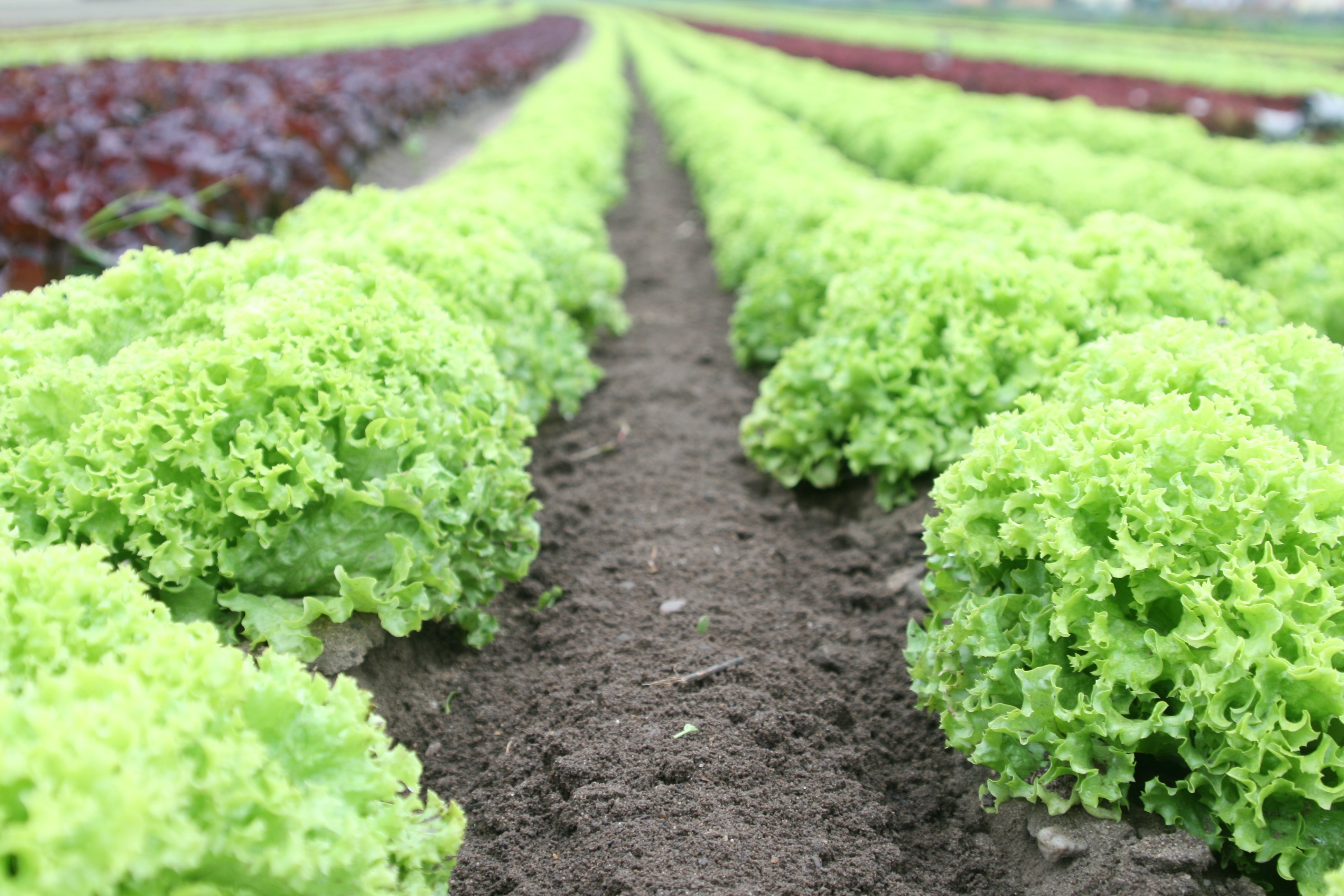The Future of Shipping Container Farms

Shipping container farms are sprouting up all over the world, from compact urban boxes that contain the entire farm to sprawling acres with the container at the center. Several companies have taken these different approaches to farming with shipping containers, including Square Roots, Growtainer, CropBox, and Farm From a Box.
Although these companies use different methods to create their farms, they all utilize the potential of shipping containers. They are sturdy structures that can protect their cargo, are easy to ship anywhere in the world, and are relatively cheap and convenient to use. Let’s see how these farms work by taking a closer look at two different projects: Square Roots and Farm From a Box.
Square Roots: Compact Vertical Shipping Container Farms
Square Roots is a company started in 2016 by Kimbal Musk and Tobias Peggs that aims to bring compact incubator farms to urban environments. These farms take up very little space while yielding a lot of produce.
The initial goal of Square Roots was to build 10 steel shipping container farms in Brooklyn. Each container is 320-square feet and contains vertical rows of leafy greens and herbs. Each container will be managed by a different entrepreneur who has interest in the project. They will be able to determine which crops to grow and have 24/7 access.
Leafy crops and herbs have been chosen for these farms because they are relatively small and easy to produce while providing relatively large harvests. The crops are rooted in water, and no soil is required. Energy is provided by LED lights rather than the sun. Each container is estimated to be able to produce the equivalent of 2 acres of farmland.
There are several benefits of having such compact shipping container farms. Vertical farms use 80% less water than outdoor farms and take up significantly less space. They can also be placed in the middle of an urban environment, allowing fresh produce to be grown and harvested virtually right next door to the markets in which they will be sold. These benefits may help combat problems with agricultural sustainability in certain areas of the world.
After the initial 10 shipping container farms, Square Roots aims to expand throughout New York City and beyond.
Farm From a Box: Portable Shipping Container Farms
Farm From a Box takes a different approach to shipping container farms than the compact, self-contained projects such as Square Roots. Each container is made to feed 150 people per year in remote locations. Their system is designed to provide all of the starting tools necessary to create an actual outdoor 2-acre farm.
The Farm From a Box shipping container holds all of the necessary materials and equipment to get a farm going, such as seeds, a drip irrigation system, and a renewable energy source. Once the farm is set up outside of the box, the container doubles as a farm building.
The company claims that each shipping container farm has the potential to build a stronger local food system. Such a system is particularly useful in food deserts and developing countries around the globe. In such areas, the infrastructure necessary to sustain local farming can be unreliable or non-existent. Not only will the company provide the physical resources necessary to start the farm, but will also provide the training needed to work it.
Farm From a Box aims to make their product adaptable with various options. The basic unit costs around $50,000 and includes a seedling house, basic farm tools, a 3 kW solar array, a battery energy storage system, a drip irrigation system, a water pump that can be attached to a well or local municipal supply, a sensor package, and a WiFi connectivity package. Other options include a water filtration system, remote monitoring, and advanced sensor systems.
The first Farm From a Box prototype is in Sonoma, California, and another is being placed in Rift Valley, Ethiopia.
Whether it’s a compact vertical farm or a more traditional sprawling setup, shipping container farms are providing much-needed support for more sustainable agriculture. Shipping containers can easily transport lots of materials wherever they need to go, from large cities to remote rural areas. Hopefully this trend in transportable farming will help people around the world get the food they need in a self-sustaining way.
